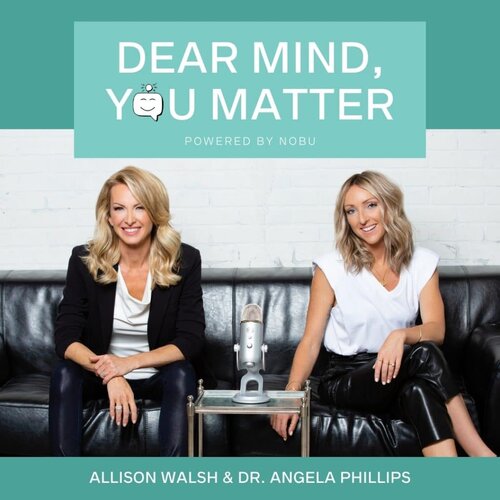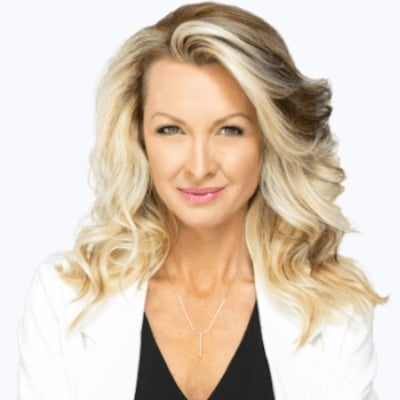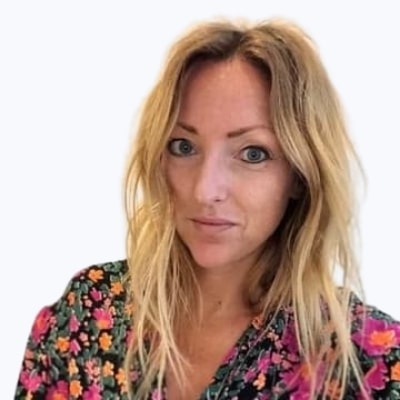Fighting Burnout Using Nobu with Allison Walsh & Dr. Angela Phillips
In this episode, hosts Allison Walsh and Dr. Angela Phillips round out our series on burnout by talking about leading through COVID-19, their personal experiences with feelings of burnout and how Nobu can help.


